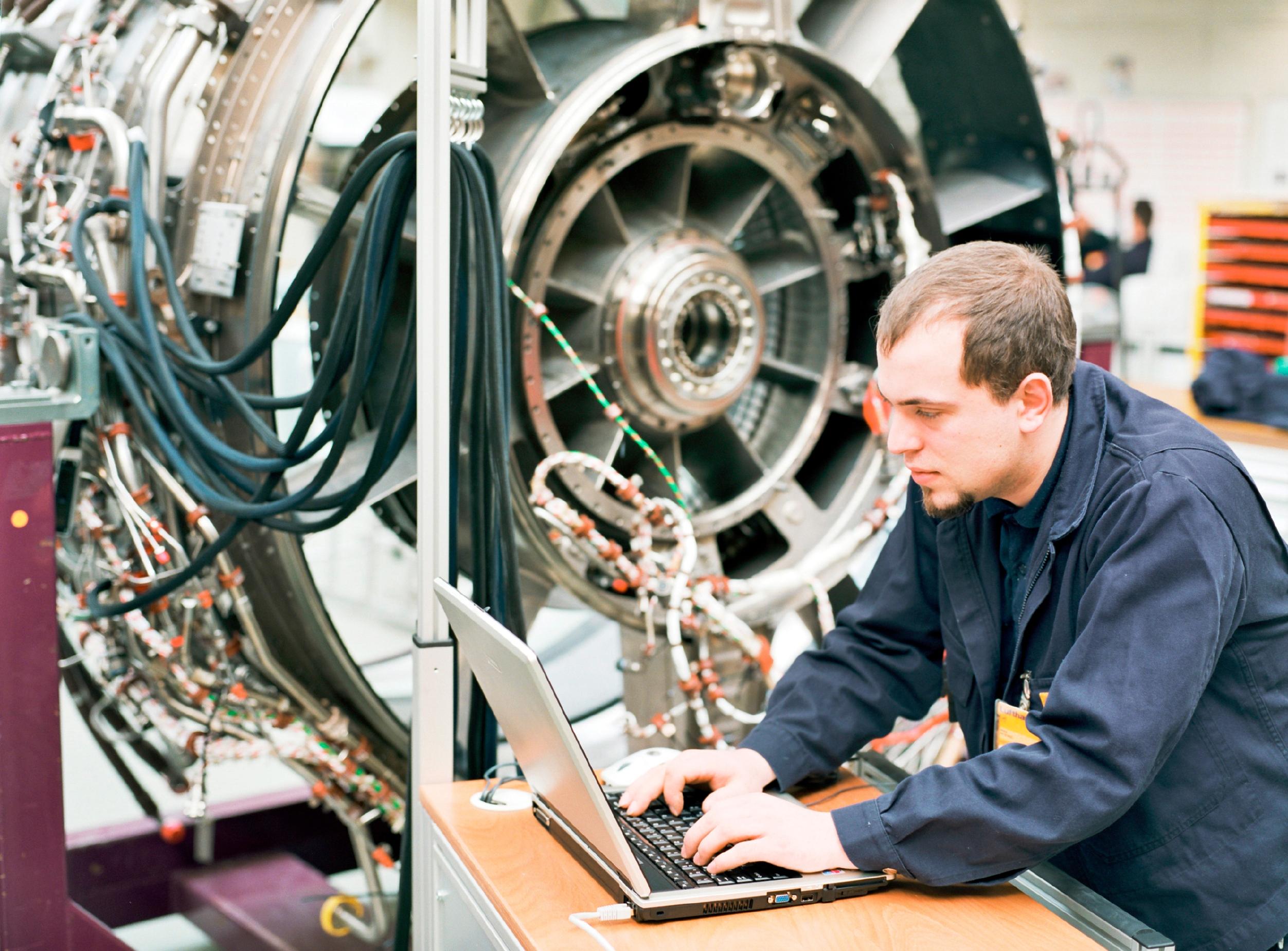
WASHINGTON—The FAA has released long-awaited policy on using video links and other “remote technology” to conduct inspections and help validate regulatory compliance, adding to a growing set of procedural changes meant to accommodate social distancing during the coronavirus pandemic.
The March 31 policy statement covers using real-time and recorded video “to perform prototype conformity inspections, engineering and ground tests, engineering compliance inspections, production conformity inspections, and inspections” for issuing 8130-3s, or airworthiness approval tags.
“Remote technology may have limitations that could render it unsuitable for some applications,” the FAA said. “Accordingly, careful consideration and risk management should be applied when making a determination when to use it.”
Among the considerations: the “complexity, novelty, and safety criticality of the product, article, or system being inspected or tested,” the policy said. The agency also noted that using video for “engineering compliance inspections of complex interiors” has been “challenging and often unacceptable” in the past, so Aircraft Certification Offices (ACOs) “should take extra precaution” when using video for such checks.
Applicants that want to use remote technology should work with their local ACO and incorporate specific details in certification, engineering test, or conformity inspection plans. Production-approval holders that use remote technology for 8180-3 inspections must have the procedures in their quality systems. Organization Designation Authorization holders also can incorporate remote inspections into their programs.
“The bottom line is that the agency can allow the use of any technology that achieves the purpose of the regulation and will be part of an application or showing of compliance,” said the Aeronautical Repair Station Association, part of a group of industry stakeholders that has been urging the FAA to expand inspectors’ use of remote-technology for several years. “This policy is a step in the direction industry needs the government to go.”
The policy is part of an expanding set of guidance that the FAA has issued to help ensure it can maintain oversight, and industry can comply with regulations, while it waits out the COVID-19 crisis. Other changes have granted exemptions to training normally done in person, or extensions to expiring licenses, such as pilot medical certificates that require non-emergency check-ups to renew.
The FAA also has relaxed its requirement for annual in-person surveillance of agency-certificated repair stations outside of the U.S. The change grants certificate-expiration extensions to shops that have been approved for at least a year, even if the FAA’s required surveillance is not done. Newly certificated shops still will be inspected within their first year and will not get extensions, the agency added.





